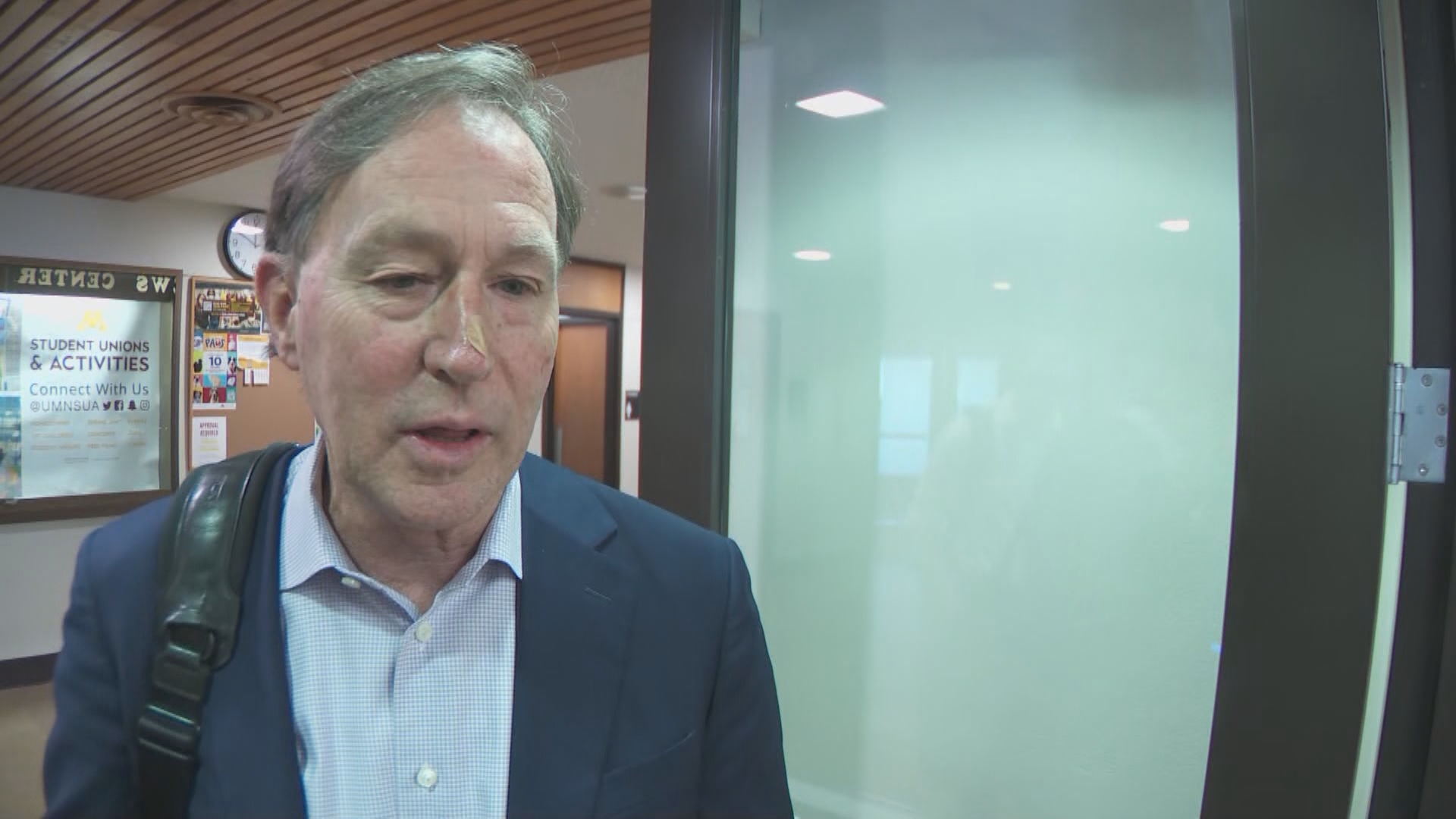Australian scientists have developed a simple blood test that they claim can diagnose cancer in mere minutes by identifying a unique DNA signature present in all types of the disease.
A genetic pattern in all cancers, researchers said Tuesday, could help make diagnosing cancer more accessible and affordable. The blood test detected cancer with 90 percent accuracy in the University of Queensland’s tests of different human cancers and healthy cells and can be done in only 10 minutes.
Nanoparticles of gold change colors if the cancer DNA is present, using the same technology as pregnancy tests with strip indicators, according to researchers.
“This happens in one drop of fluid,” said Professor Matt Trau, one of the study's researchers, adding that researchers are still unsure if the test will emerge as the "holy grail" for cancer diagnostics. “You can detect it by eye, it's as simple as that.”
Dr. Dino Di Carlo, director of cancer nanotechnology at UCLA's cancer center and a bioengineering professor at the Los Angeles university, told USA TODAY that the study needs to be further tested to determine its effectiveness.
"You don't expect all tumors to have the same methylation pattern because there's so many different ways that cancer can develop," Di Carlo said. "There are some pieces that don't exactly align logically."
Methylation are marks that indicate whether pieces of DNA should be read, Di Carlo said. Patterns of them in cancer cells, the study suggests, stick to gold.
The researchers' unique signature, which they dubbed as the cancer "methylscape," has appeared in every type of examined breast cancer as well as other forms of cancer, they said.
"Virtually every piece of cancerous DNA we examined had this highly predictable pattern," Trau said.
One question posed by Di Carlo: Do results depend on how much DNA is added — especially since cancer cells have more DNA?
Because cancer is such a slow-developing disease, Di Carlo said the study's detection time of 10 minutes, versus the normal wait time of one week, isn't necessarily a game-changer. It could be useful, however, if clinicians might not ever see a patient again in a rural area and need rapid results.
Meanwhile, Di Carlo said he is more concerned about the false positive rate than the 90 percent accuracy rate. Because cancer is uncommon, it is more important to prevent false diagnoses, he said.
Most of the potential advantage of the test, if it is accurate, Di Carlo said, lies in lower costs compared to DNA sequencing.



